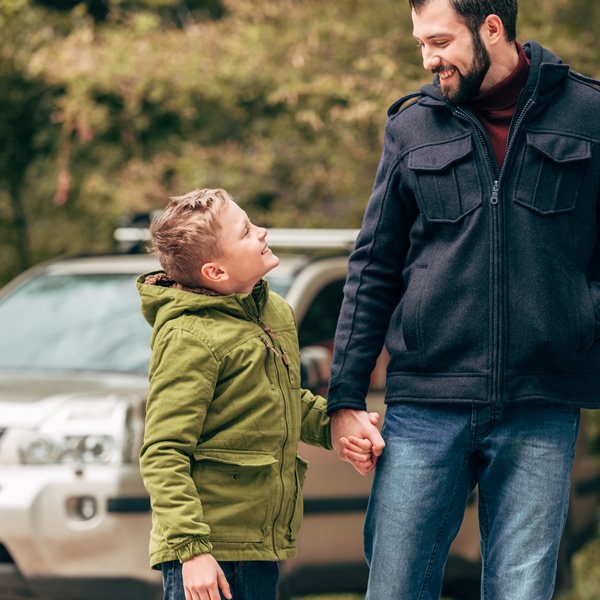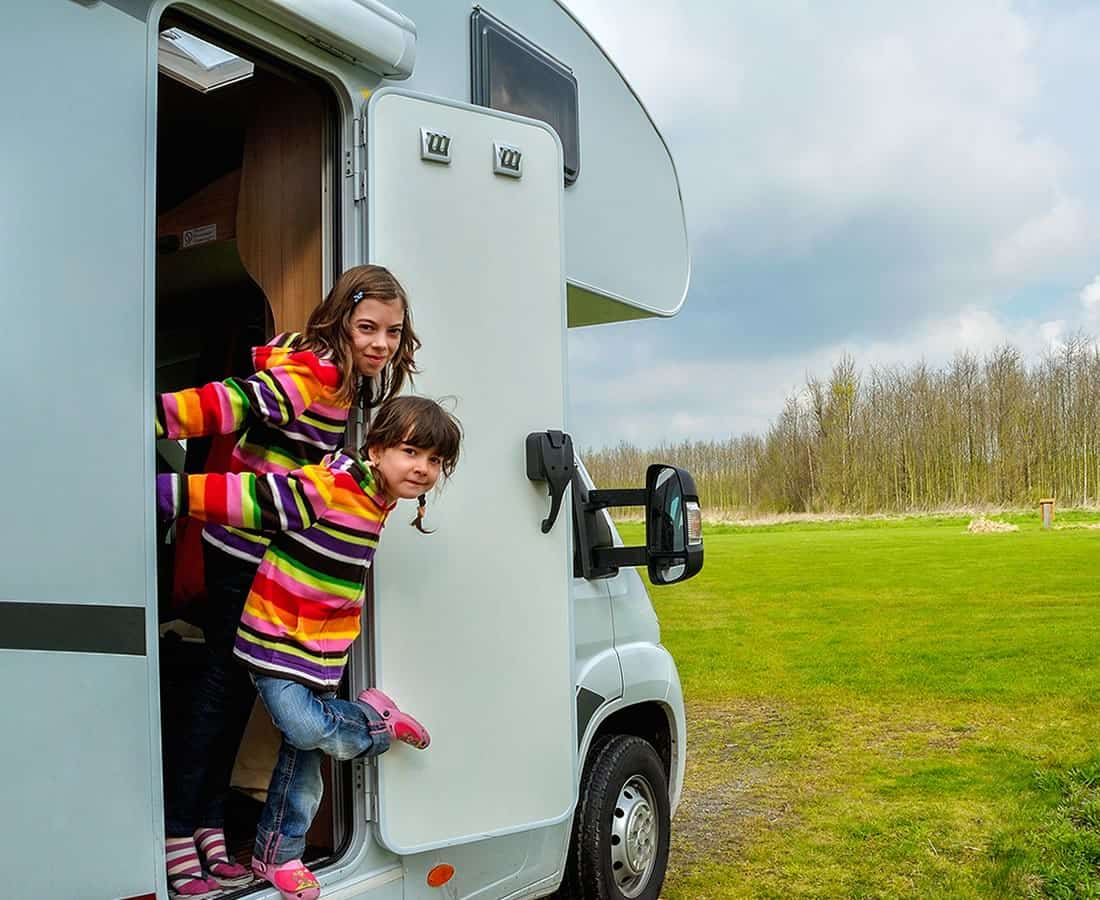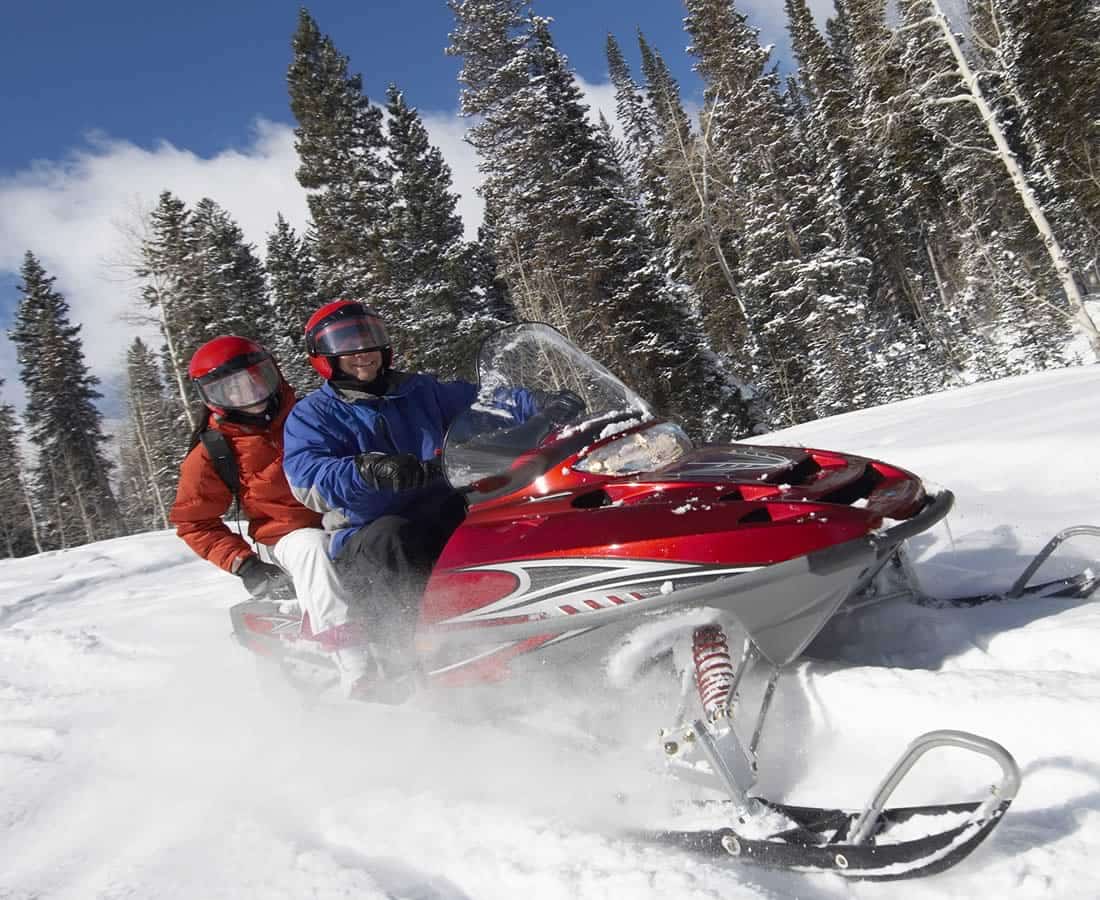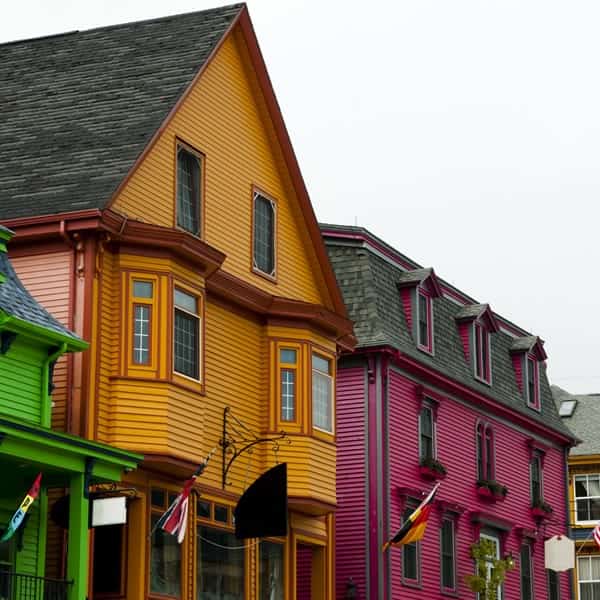Save on car insurance in Truro.
We’re one of Truro’s largest independent brokers. We specialize in auto insurance. With a simple online quote or a quick call, you will get quotes from up to eight insurance companies. And with savings of up to 30%, you’ll be on the road with Truro’s best auto protection and benefits. That’s a promise.
Truro, the heart of Nova Scotia.

Truro is located in the heart of Nova Scotia and has been called one of the best places to live in all of Canada, so we know why you live there. As the ‘Hub of Nova Scotia’, the Town is bustling and busy with urban development, but chock-full of character and charm. With parks and trails to boutique shopping and live performances, you know how to live life here. Your insurance can be as unique as your route and your world. At Munn Insurance you can find the most competitive auto insurance in Truro and save while you’re doing it.
Driving in Truro – Tips to keep you on the road.
HELP KEEP WORKERS SAFE.
When an emergency vehicle is pulled over with its lights flashing, the law is motorists must slow down to 60 km/h or obey the speed limit if it’s lower than 60 km/h. If the road has two or more lanes in one direction, motorists must also move into another lane farther away from the stopped vehicle if it can be done safely. A motorist must obey these laws for ambulances, police vehicles, fire department vehicles, Department of Lands and Forestry fire vehicles, fire chiefs’ or deputy fire chiefs’ vehicles, conservation officers’ vehicles, motor vehicle and carrier inspectors’ vehicles, public safety vehicles such as sheriffs and bridge patrol officers, and tow trucks that are stopped at the scene of a fire or collision or assisting a vehicle. A fine can be as high as $350 for a first offence, with the potential to go higher.
CHECK YOUR VEHICLE.
Always keep your car well maintained. Make sure your tires are properly inflated, and your fluids are all at proper levels. Maintain a consistent check that your vehicle’s equipment is functioning properly. Also, seasons change abruptly in the Maritimes. Always be ready for autumn to suddenly become winter.
STRONG WIND MEANS SPECIAL CONSIDERATION.
Wind may not seem like a significant risk, but Truro is known for its high gusts of winds through all seasons. Drivers need to take care when driving through areas prone to strong winds or when weather reports predict severe weather. Also, motorists should notice larger vehicles such as tractor-trailers as they are much more susceptible to high winds. And drivers should always keep a firm grip on the wheel as strong winds have the ability to push moving vehicles.
TIME FOR NEW TIRES.
Tire problems are a factor in many car accidents. Blowouts, tread separation, under inflation and worn treads are some of the tire problems associated with accidents. While many people think just worn tires need to be replaced, old tires are of concern as well. As tires age, they become more prone to failure. The minimum safe tire tread depth is 2/32”, vehicle owners should consider replacing tires at the 4/32” mark, especially in Truro with the rainy and snowy conditions.

A few facts about car insurance in Truro.
- The average age of auto insurance policyholder in Truro is 36
- The average age of drivers in Truro is 49
- The number of accident claims in Truro in 2018 was 1400
- The top automotive brands we insure in Truro are Honda, Ford, Chevrolet, Toyota, Hyundai, Chevrolet, Jeep
- 63% of people in Truro drive Cars
- 37% of people in Truro drive Trucks

Facts and myths about Truro.
FACTS
The highest temperature ever recorded in Truro was 35.6 °C on 19 August 1935 and 15 August 1944. The coldest temperature ever recorded was −38.3 °C on 22 January 1934.
To date, Truro has 55 Municipality Registered Properties, five Provincially Registered Heritage Properties and one National Historic Site.
Six large sections of the Berlin Wall are located along the Cobequid Trail, on the Agricultural Campus of Dalhousie University.
The area has been home to the Mi’kmaq people for several centuries. The Mi’kmaq name for the Truro area, “Wagobagitik” means “end of the water’s flow”. Mi’kmaq people continue to live in the area at the Millbrook and Truro reserves of the Millbrook – We’kopekwitk band.
MYTHS
Truro has three ice hockey rinks and is home to the Truro Bearcats. Canadian football is also popular with games being played on Friday nights at the Truro Amateur Athletic Club. There is a minor lacrosse association, the Truro Bearcats Lacrosse Association, which allows youth to take part in organized lacrosse teams and games. As well, there is a junior A lacrosse team, the Mi’Kmaq Warriors, that plays in the East Coast Junior Lacrosse League. They play in the summer months out of the Colchester Legion Stadium.
Truro is home to the Colcester East Hants Health Centre, which has inpatient units and operates a wide range of clinics and satellite services. There are also multiple medical clinics and services throughout the Town.
Truro is approximately just a one-hour drive from the City of Halifax, Amherst and New Glasgow. It is perfectly centred between all major centres in Nova Scotia.
Truro has two public high schools, Cobequid Educational Centre and the francophone École acadienne de Truro. Post-secondary options include a campus of the Nova Scotia Community College, and The Institute of Human Services Education, as well as the Agricultural Campus of Dalhousie University in the neighbouring village of Bible Hill.
We do the shopping. You get the savings.
Nova Scotians love choice. And they love saving too! At Munn Insurance, we deliver on both. As an independent insurance broker, we shop our extensive network of insurance partners to provide our Nova Scotia customers with the best coverage at the best rate. Some of the insurance companies we search for our customers include:

How Munn Insurance saves you money.
We work for you – that’s what an insurance broker does. We shop the market on your behalf, so Munn insurance can offer you the most access to the best discounts from our insurance partners.
- Bundling (Auto + Home Discount)
- Multiple Vehicle Discounts
- Experienced Drivers Discount
- Safe Drivers Discount
- Claims-Free Discount
- Loyalty Discount
- And Many More

Combine your home and car policies and save.
With Munn Insurance, home and auto policies are better together. It means extra savings and additional coverage. So combine them both and receive a discount on both. That’s like a double discount!
Combining also gives you the extra convenience of aligned renewal rates and less paperwork.
You can combine your auto policy with any Munn Insurance home policy for the following dwelling types:
- Private Homes
- Condos
- Tenants
- Cabins/Cottages
- Rented Dwellings

Special discounts and savings with a Munn Insurance group policy.
We recognize the value groups provide to Truro. First Responders, Health Care Professionals, Alumni Associations, Educators and Instructors all play a vital role in helping others across Nova Scotia. They give so much, and we’re happy to give back. Munn Insurance Preferred Groups in Nova Scotia are able to take advantage of special discounts and many extra-valuable benefits.
- Special Group Discounts
- Mortgage & Real Estate Assistance
- 0% Insurance Financing
- Home Repair Assistance
- Legal Assistance
- Health Assistance
Get Truro’s best leisure vehicle protection.
Nova Scotians love their leisure time and their leisure vehicles. MyRide Leisure Insurance from Munn Insurance is the most competitive, comprehensive leisure vehicle insurance available in Nova Scotia. Whether it’s your ATV, motorhome, motorcycle – or any of your leisure vehicles – A Munn policy offers more protection and value than any other program you’ll find.
- Boat and Watercraft
- ATV
- Snowmobile
- Classic Cars and Auto
- Motorhome, RV and Trailer
- Motorcycle






Car insurance laws in Truro
It is mandatory to have auto insurance for all vehicles in Truro. The province has enacted “financial responsibility laws” to ensure drivers are accountable for the financial consequences of their actions while on our roads.
Current limits for auto insurance in Truro are:
- $500,000 liability coverage
- $50,000 medical payments coverage
- $2,500 funeral benefits
- Disability income/death benefits for persons injured or killed in an auto accident
- Uninsured and unidentified driver insurance
Nova Scotia has a no-fault based insurance system. Drivers can file claims with their own insurance company, regardless of who is at fault for the accident. Also, the province does not take age or marital status into account when determining risk.

Truro car insurance – your questions answered.

Our Latest Advice
How to Save on Insurance Amid Uncertainty of Tariffs and Trade Wars
In today’s global economy, trade wars and tariffs are a hot topic, and their potential impacts reach beyond just the cost of goods like cars, appliances, and steel. If tensions between countries like Canada and the U.S. continue, you might find that your home and auto insurance premiums rise as well. While this can seem like an unavoidable cost, there are steps you can take to help protect yourself from these increases and ensure you’re getting the best possible coverage at the most affordable price.
Why Could Tariffs Cause Insurance Premiums to Rise?
Tariffs are taxes imposed on goods imported from one country to another, and they can have a ripple effect throughout the economy. For the insurance industry, one of the key areas affected by tariffs is the cost of materials used to repair vehicles and homes. For example, if tariffs are imposed on steel, aluminum, and lumber, the cost to replace or repair your home or vehicle using these materials will increase. Additionally, disruptions in the supply chain caused by tariffs and trade wars can impact the availability of critical materials, such as car parts or building supplies like windows and doors. These shortages can further drive up the cost of repairs and replacements, which insurance companies often pass along to consumers in the form of higher premiums.
But don’t worry—there are proactive steps you can take to protect yourself from the potential strain on your wallet.
6 Tips to Lower Insurance Costs Amid Uncertainty of Tariffs
Here are 6 tips to help you get the best coverage at the best rate despite the uncertainty of tariffs and trade wars:
-
Call a Local Insurance Broker (Like Munn Insurance)
One of the most effective ways to protect yourself from rising premiums is to work with a local insurance broker. Unlike large insurance companies and direct writers like the banks and national providers, brokers like Munn Insurance have access to a wide range of policies from multiple insurers. This means they can shop the market on your behalf to find the best coverage at the best price. Whether you’re dealing with rising auto rates or potential increases in home insurance premiums, a local broker will help you navigate the options and find a policy that meets your needs and budget.
-
Review Your Home and Auto Coverage with a Broker
It’s important to review your home and auto insurance coverage regularly with a broker. Make sure you have the right coverage at the right price. A broker can help you evaluate your current policy, discuss options for increasing your deductibles to reduce your premiums, and ensure that you’re receiving all the discounts you qualify for. In particular, ask about group discounts that may be available depending on your employment or membership in certain associations. A broker can help you identify these opportunities and make sure you’re getting the most value from your policy.
-
Discuss Guaranteed Replacement Cost Coverage
Understanding Guaranteed Replacement Cost coverage and whether you have it is important. For homeowners, this ensures that if your home is damaged or destroyed, your insurer will cover the full cost of rebuilding your home to its original value—regardless of how much material costs may have increased. There are some exclusions and exceptions, so be sure to discuss this coverage with your broker and understand exactly what you’re getting before you need it. It’s important to know that you’re fully covered, especially in times of uncertainty.
-
Perform Regular Home Maintenance
Taking care of your home can help you avoid significant damages that may or may not be covered under your policy, depending on the coverage you selected when setting up your policy. Regular maintenance can prevent costly repairs and ensure that your home remains in top condition. When reviewing your policy, ask your broker about the types of damage that are covered and confirm that your policy provides protection for common home maintenance issues.
-
Bundle Your Insurance Policies
Another great way to save on your premiums is to bundle your insurance policies. Consider combining your home, auto, and even recreational vehicle insurance (like for ATVs) and your seasonal properties under one provider. Bundling these policies together makes it easier for you to manage, and it allows you to take advantage of bundling discounts that can significantly lower your overall premiums. While the large directs and national providers only want to insure your Home and Auto, brokers have multiple markets that provide coverage for all of these under one roof.
-
Shop Around for the Best Deal
Premiums may rise across the board, but that doesn’t mean you can’t find a better deal. Rates fluctuate from insurer to insurer, so it’s important to shop around and compare options regularly. You can call different insurance companies directly, or, to save time, you can have a local broker do it for you. A broker has access to multiple markets, allowing them to find the best coverage at the most competitive rate, all while saving you the time and effort of making calls yourself. Brokers can help ensure you’re getting the right coverage at the best possible price.
Direct Writer Vs Broker
A direct writer offers policies from a single insurance provider. The agents that sell for a direct writer are limited in the options they can provide, as they are restricted to the coverages offered by the company they represent. They are motivated to sell you their policy not the one that’s best for you. On the other hand, insurance brokers have access to several providers and can shop around to find you the best coverage and value for your policy. This gives brokers the flexibility to continuously look for the best option for you, including when your policy renews each year.
You’re not stuck with the same insurance provider—if your premium goes up or you’re looking to make a change in coverage, your broker will do the research and make a recommendation that makes the most sense. In the case of Munn Insurance, we can shop Aviva, CAA Insurance, Intact, Pafco, Pembridge, or Travelers, to name a few. Direct writers can only quote you one market—the one they represent and work for. Brokers will give you independent advice about all of the options available to you.
Conclusion
The possibility of increased home and auto insurance premiums due to tariffs may seem daunting, but with the right strategies, you can protect yourself from unnecessary hikes. Working with a local broker like Munn Insurance, reviewing and updating your coverage, bundling your insurance policies, and making sure you have the right protections in place can help keep your premiums manageable—even in uncertain times. Keep these tips in mind, and you’ll be better prepared to navigate any potential increases that come your way.
Call Munn Insurance and Get Your Home and Auto Insurance Quote Today
At Munn Insurance, we’re committed to helping you find the best insurance quote. Whether you’re new to insurance or a seasoned pro, we make it easy to secure the right coverage at a competitive rate.
We work with a variety of providers to ensure you get the best value for your coverage, offering local expertise to guide you through the process. Don’t settle for less—let us help you navigate the options and find a policy that fits both your needs and your budget.
Ready to get started? Contact us today for a personalized home and auto insurance quote. If you have any questions or need assistance, don’t hesitate to reach out. We’re here to ensure you’re protected and saving money.
Call us at 1-855-726-8627 and let us help you get the best coverage for your needs, giving you the peace of mind you deserve amid these uncertain times.
Get the Best Auto Insurance Quote in Nova Scotia: A Step by Step Guide
When it comes to auto insurance, everyone wants to ensure [...]
Unlock Big Savings with Group Insurance Discounts
At Munn Insurance, we know that everyone loves saving money—especially [...]
Distracted Driving: The Risks and Consequences
Distracted driving is one of the leading causes of accidents [...]







